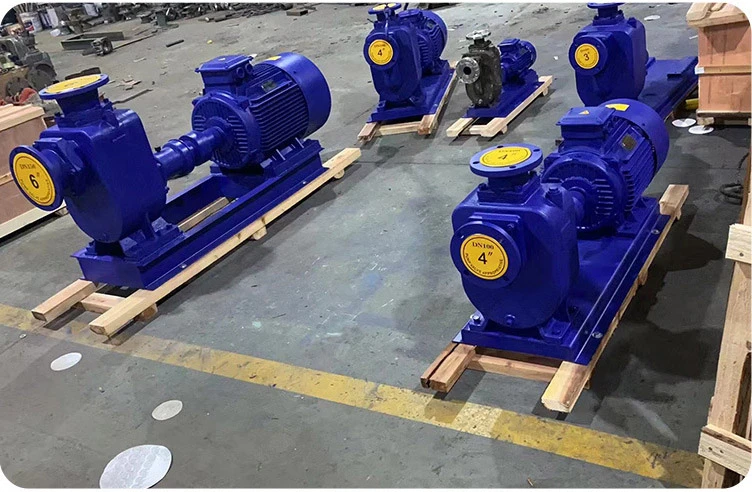Frisian
- Afrikaans
- Albanian
- Amharic
- Arabic
- Armenian
- Azerbaijani
- Basque
- Belarusian
- Bengali
- Bosnian
- Bulgarian
- Catalan
- Cebuano
- Corsican
- Croatian
- Czech
- Danish
- Dutch
- English
- Esperanto
- Estonian
- Finnish
- French
- Frisian
- Galician
- Georgian
- German
- Greek
- Gujarati
- Haitian Creole
- hausa
- hawaiian
- Hebrew
- Hindi
- Miao
- Hungarian
- Icelandic
- igbo
- Indonesian
- irish
- Italian
- Japanese
- Javanese
- Kannada
- kazakh
- Khmer
- Rwandese
- Korean
- Kurdish
- Kyrgyz
- Lao
- Latin
- Latvian
- Lithuanian
- Luxembourgish
- Macedonian
- Malgashi
- Malay
- Malayalam
- Maltese
- Maori
- Marathi
- Mongolian
- Myanmar
- Nepali
- Norwegian
- Norwegian
- Occitan
- Pashto
- Persian
- Polish
- Portuguese
- Punjabi
- Romanian
- Russian
- Samoan
- Scottish Gaelic
- Serbian
- Sesotho
- Shona
- Sindhi
- Sinhala
- Slovak
- Slovenian
- Somali
- Spanish
- Sundanese
- Swahili
- Swedish
- Tagalog
- Tajik
- Tamil
- Tatar
- Telugu
- Thai
- Turkish
- Turkmen
- Ukrainian
- Urdu
- Uighur
- Uzbek
- Vietnamese
- Welsh
- Bantu
- Yiddish
- Yoruba
- Zulu
Telephone: +86 13120555503
Email: frank@cypump.com
Nov . 29, 2024 12:15 Back to list
Cost of Sewer Ejector Pumps and Factors Influencing Their Price
Understanding the Cost of Sewer Ejector Pumps A Comprehensive Guide
When it comes to managing wastewater in residential or commercial settings, sewer ejector pumps play a crucial role. These pumps are essential for transporting sewage from lower areas to sewer lines that are often situated at a higher elevation. Despite their critical function, potential buyers often find themselves asking what is the cost of a sewer ejector pump, and what factors influence this expense?
Basic Overview of Sewer Ejector Pumps
Sewer ejector pumps are specially designed to pump wastewater that contains solids or debris. They are commonly used in basements or areas where gravity drainage isn’t feasible. The pump typically consists of a motor, impeller, and a sturdy casing designed to handle the harsh conditions of sewage.
Cost Breakdown of Sewer Ejector Pumps
The cost of a sewer ejector pump can vary widely based on several factors. On average, homeowners can expect to spend anywhere from $400 to $1,200 for the pump itself. This price range primarily depends on the pump's horsepower, brand, and features. High-efficiency models or those with additional functionalities may fall on the higher end of the spectrum.
1. Pump Specifications Smaller pumps (around 0.5 HP) can range between $400 and $600, while larger or more robust pumps (1 HP and above) typically cost between $800 and $1,200. The horsepower of the pump often indicates its capacity to handle larger volumes of wastewater.
sewer ejector pump cost

2. Brand and Reliability Reputable brands often command higher prices due to their proven reliability and customer service. While generic brands may offer pumps at lower prices, they might not provide the same durability or warranty coverage.
3. Installation Costs It's crucial not to overlook the cost of installation, which can add another $300 to $1,000 to the overall expense. Installation fees depend on the complexity of the job, such as the existing plumbing arrangement, the need for additional piping, and local labor rates. Hiring a licensed professional is recommendable to ensure the pump is installed correctly and complies with local codes.
4. Maintenance and Repairs While not a direct initial cost, potential buyers should factor in long-term maintenance and repair costs. Regular maintenance checks can prevent costly repairs down the line. A well-maintained pump can last anywhere from 5 to 15 years.
5. Additional Components Sometimes, purchasing a sewer ejector pump may require additional components such as check valves, alarms, or float switches, which can add to the overall cost. Check valves prevent backflow, alarms notify homeowners of pump failures, and float switches control the pump’s operation.
Conclusion
The investment in a sewer ejector pump can vary significantly based on its specifications, brand, installation complexities, and maintenance needs. While the initial purchase price might seem daunting, it’s essential to view it as a long-term investment in your property’s plumbing system. A reliable sewer ejector pump is not just about moving waste efficiently; it’s about ensuring your home or business remains functional and hygienic.
When considering a sewer ejector pump, make sure to evaluate all aspects of the purchase, from the type of pump that best meets your needs to the potential installation and maintenance costs. By doing so, you can make an informed decision that provides value and peace of mind for years to come.
-
Horizontal Split Case Pump with GPT-4 Turbo | High Efficiency
NewsAug.01,2025
-
ISG Series Pipeline Pump - Chi Yuan Pumps | High Efficiency, Durable Design
NewsAug.01,2025
-
Advanced Flue Gas Desulfurization Pump with GPT-4 Turbo | Durable & Efficient
NewsJul.31,2025
-
ISG Series Vertical Pipeline Pump - Chi Yuan Pumps | Advanced Hydraulic Design&Durable Construction
NewsJul.31,2025
-
ISG Series Vertical Pipeline Pump - Chi Yuan Pumps | Energy Efficient & Low Noise
NewsJul.31,2025
-
pipeline pump - Chi Yuan Pumps Co., LTD.|High Efficiency&Low Noise
NewsJul.31,2025










